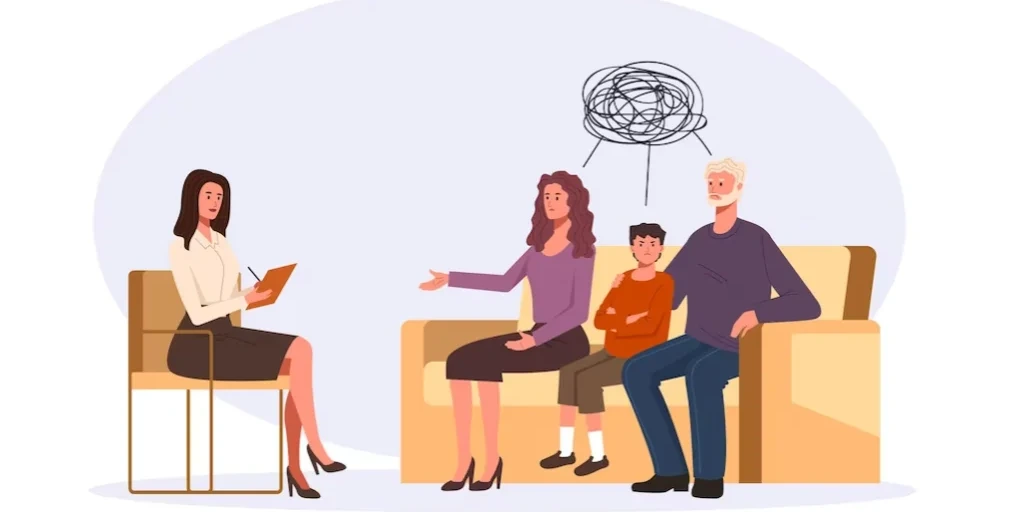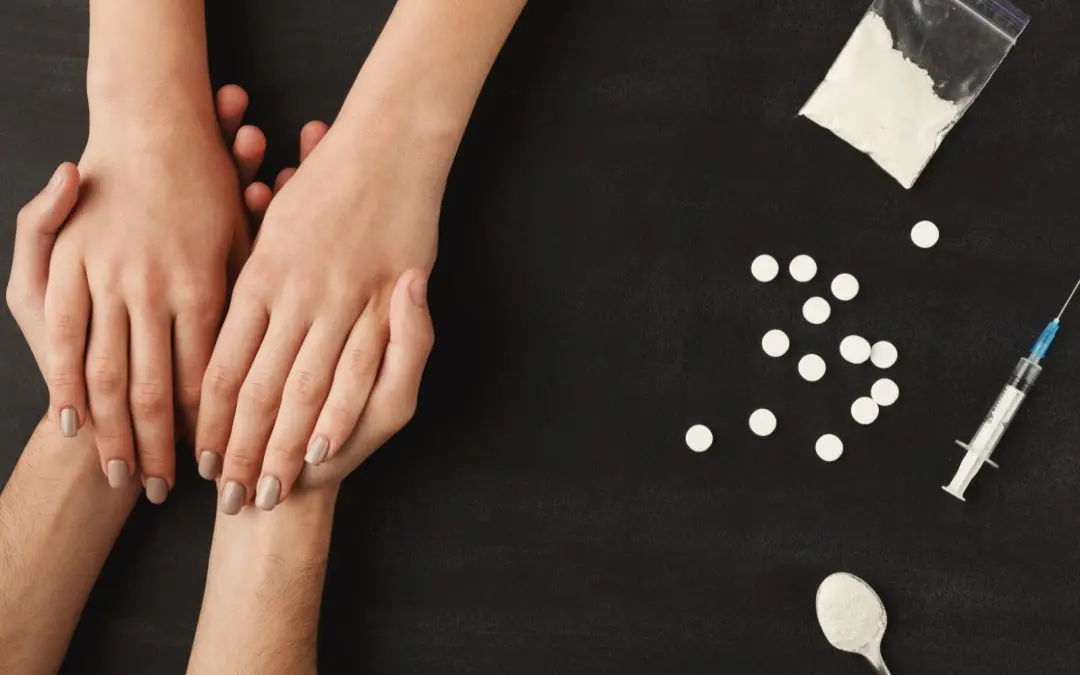24/7 Helpline:
(866) 899-221924/7 Helpline:
(866) 899-2219
Other Insurance Options

Health Net

BlueCross

Excellus

United Health Care

EmblemHealth

Ambetter

CareSource

Lucent

Medical Mutual of Ohio

Aetna

ComPsych

Sutter

Private insurance

Health Choice

WellCare Health Plans

BHS | Behavioral Health Systems
Beacon

Optima

MHNNet Behavioral Health

State Farm

Woodlands Behavioral Healthcare Network
Woodlands Behavioral Healthcare Network works with individuals, families, and the community to inspi...


























































































